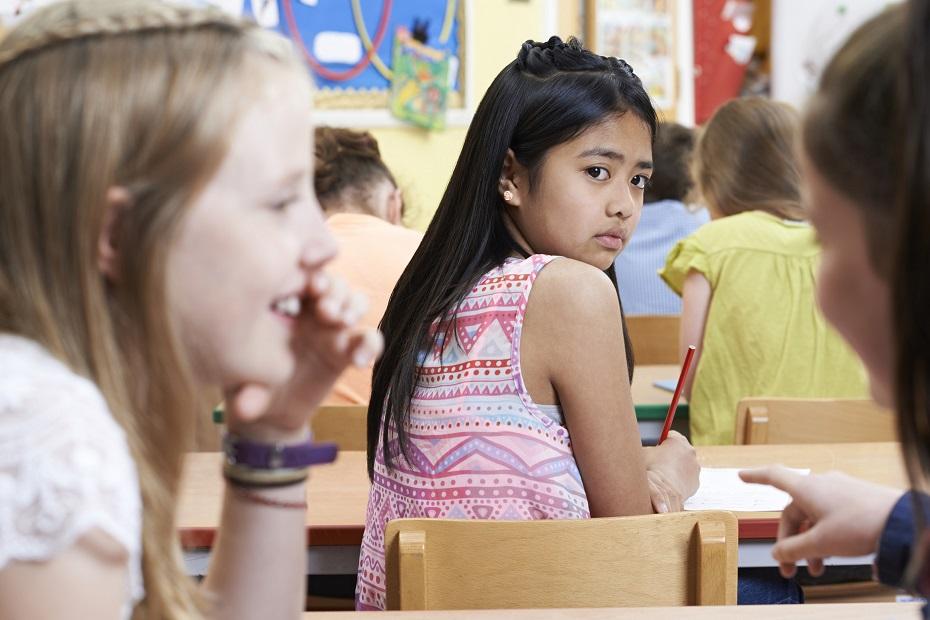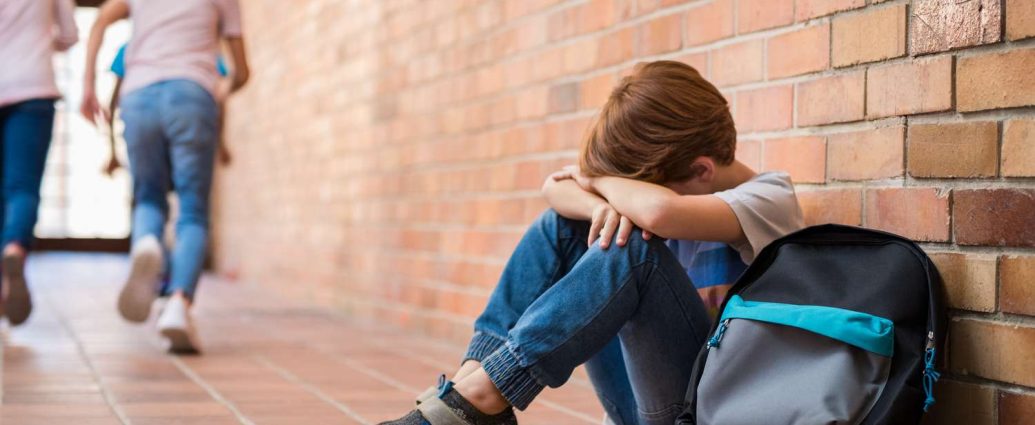Unfortunately, bullying in children is a reality that requires observation from home for proper management. Emphasis is usually placed on victims, but it is also important to pay attention to prevention measures and actions of parents, as well as to the other side of the coin: the aggressor.
While the situation is always regrettable, it should be borne in mind that there is no single victim. Many times, the aggressor is, in turn, a victim of another. Hence, he seeks to repeat the behavior to get positioned before another and, in turn, recover the power and security itself. Understanding this can help to address the problem not only at the moment but also in the long term.
It is not intended, much less, to bleach the image of the aggressor. What is to warn is that we must also focus on the aggressor, and intervene with him to prevent him from continuing to harm others.
Children need special guidance and supervision. Not only should it start with a good family education, but teachers must also be attentive to the possible signs of bullying.
Child Bullying: The Parties

The victims are the scapegoats of the aggressors, who, in turn, are individuals with low self-esteem with hidden motives to attack others. After a mask of power and bragging, the aggressors seek to gain acceptance from those who consider themselves superior to them. They also want to take over the situation to feel good. This is due to a deep lack that has not been addressed or even detected in its direct environment.
Similarly, this study from the University of Indiana (United States) states that race could be relevant when reporting these cases. For example, white and Hispanic children tend to suffer more physical and emotional assault than others.
It is well known that the victims live in a state of anguish given the feeling of helplessness generated by the situation. Therefore, they tend to retract and develop anxiety, as they do not find a way to solve the problem. Many times they try, without success, and this leads them to feel bad about themselves.
Any child can be harassed in their school environment for various reasons. However, it is striking that victims often keep the harassment secret. Out of shame, for fear that they will not be heard and valued, believing that they will be able to overcome it alone, or simply out of neglect in the face of the lack of success in previous attempts to solve the problem.
Types of Bullying in Children:
- Physical. The aggressor uses force to cause harm to his victim. This can range from pushes to beatings.
- Verbal. The victim is mocked, mockery, and related harm. In this sense, blackmail and manipulation also represent a form of verbal abuse.
- Social. It can occur in the form of social exclusion or intimidation. In both, the victim is cornered by the aggressor.
- Cyber. As this claims, the victim is subjected to all kinds of abuse and threats via social networks. Usually, the aggressor uses intimidation, blackmail, and the generation of shameful multimedia content to intimidate his victim.
- Carnal. Although it is not usually mentioned as much as the other types, there is this type of bullying in children. As its name suggests, it involves the invasion of personal space in the sexual sphere.
The Alarm Signals
- Changes in school performance.
- Indications of signs of violence or aggression.
- Appearance of psychosomatic diseases.
- Emotional affectation.
- Isolation.
The Importance Of Not Ignoring Bullying In Children
Work is usually done on bullying when the victim has suffered more than one attack and already has sequelae. The main problem is that parents tend to banalize the fact or not address the problem more than once. Instead, the first thing we have to do is give the matter the importance it has, without blaming the victim. The kids need to feel our support.
We must talk to our children and create an environment of trust and companionship. It is also necessary to go to school and discuss the issue with the teacher and the director of the center to create a teamwork strategy. In this way, teachers will be able to monitor the situation from another angle and help healthily solve the problem.
The attitude of urging our children to return the aggression or not to be harassed without us to support them is devastating for them. We must believe in our children, help them get the tools they need, and intervene whenever appropriate.
On the other hand, if we are the parents of the aggressor, it is necessary to evaluate what may be failing at home and to go to a psychologist to help overcome something that is still an emotional problem, as suggested by this carried out by the Autonomous University of Mexico. It is also important to teach the child that aggression is not acceptable and that it does not need to feel good in life.
